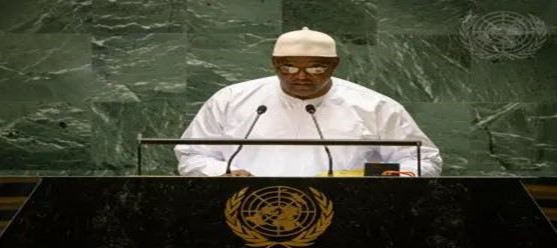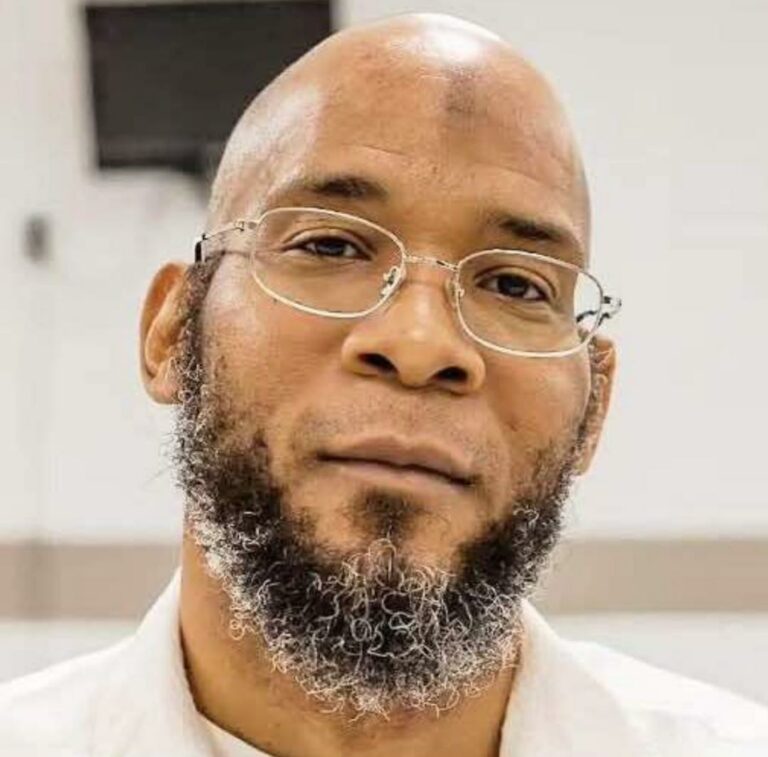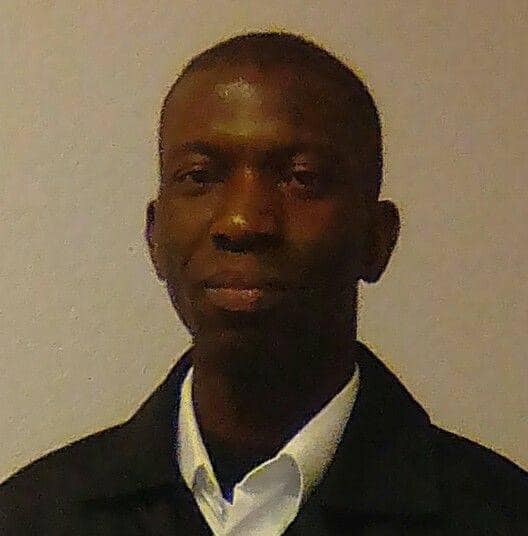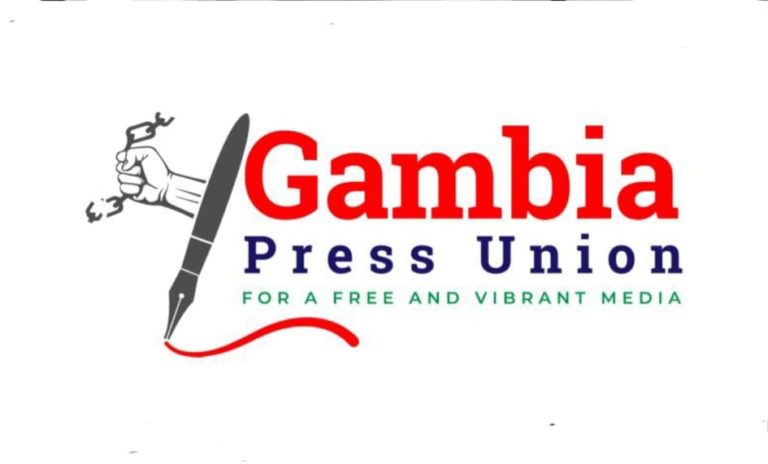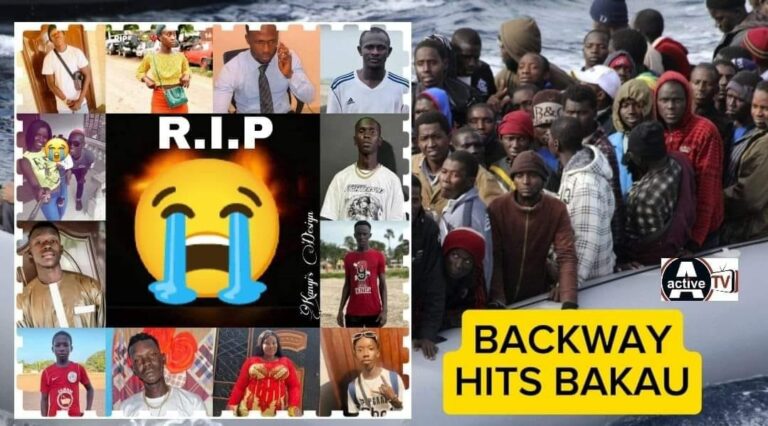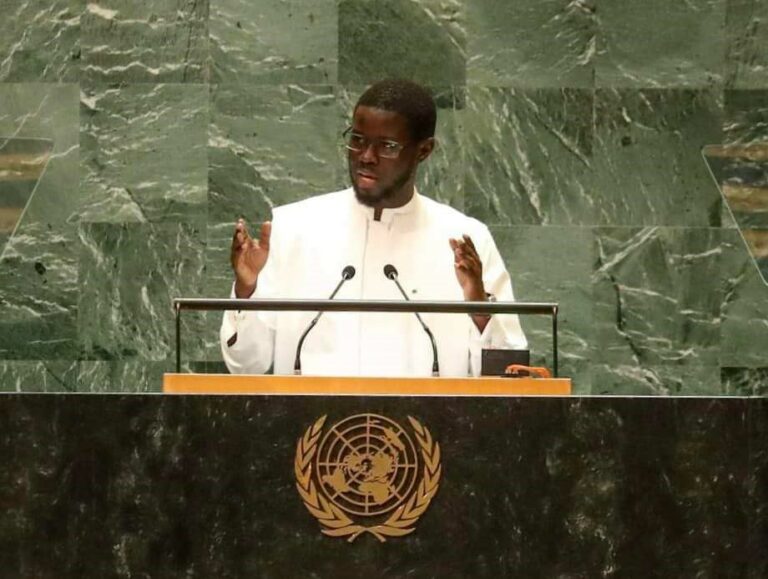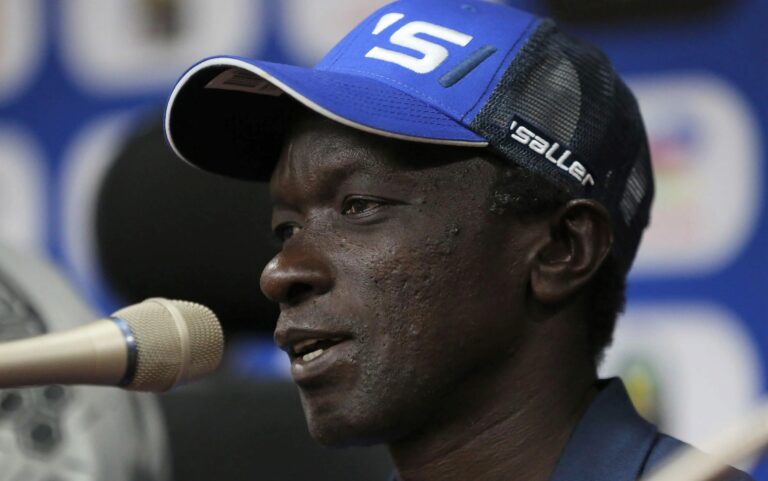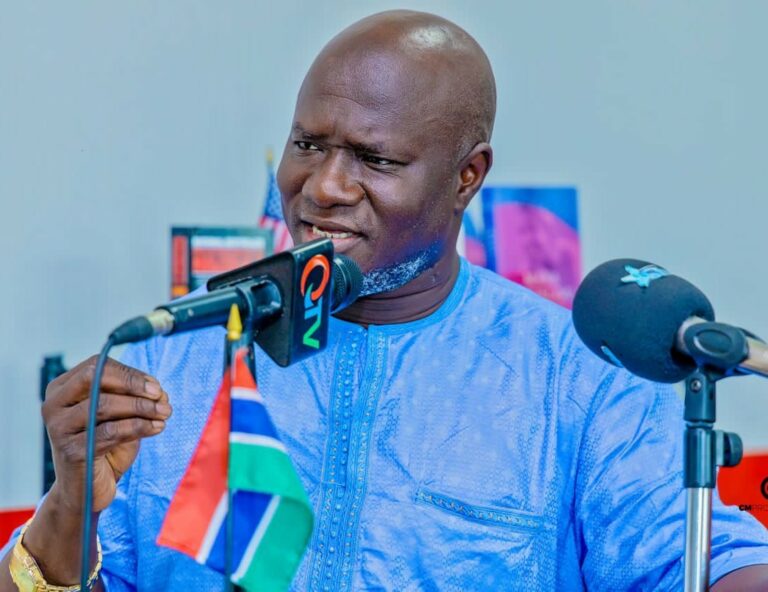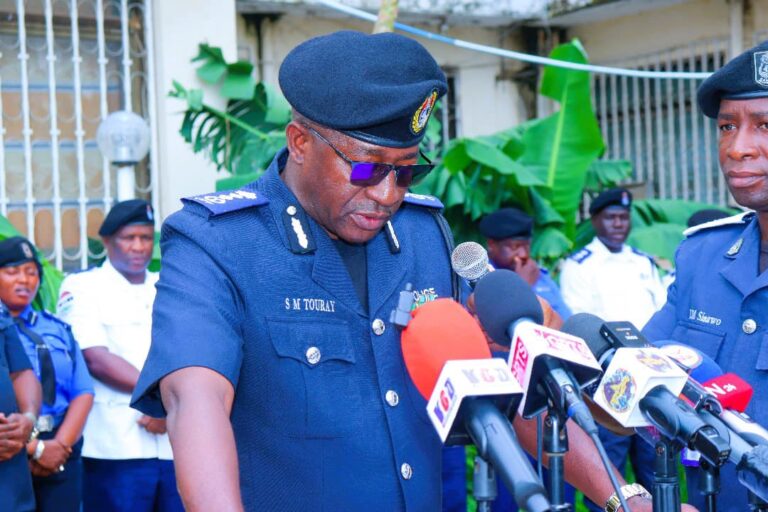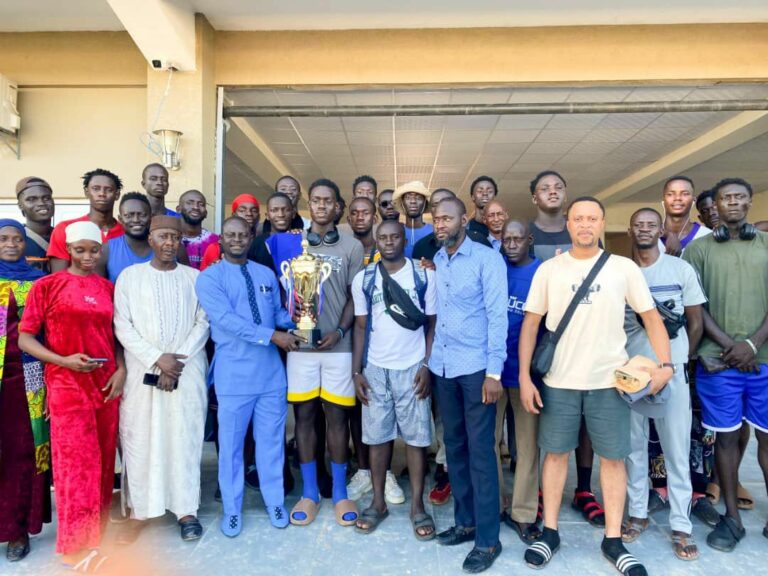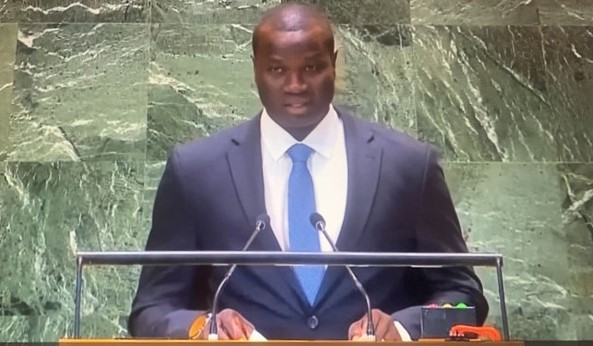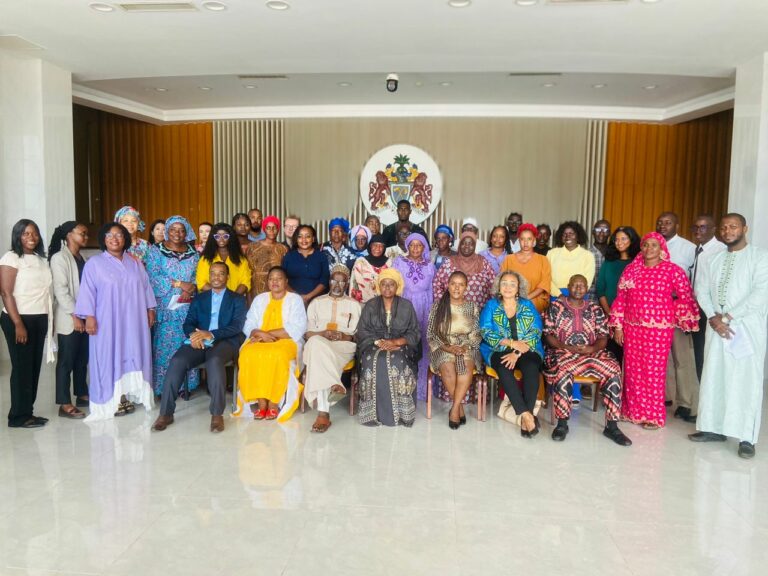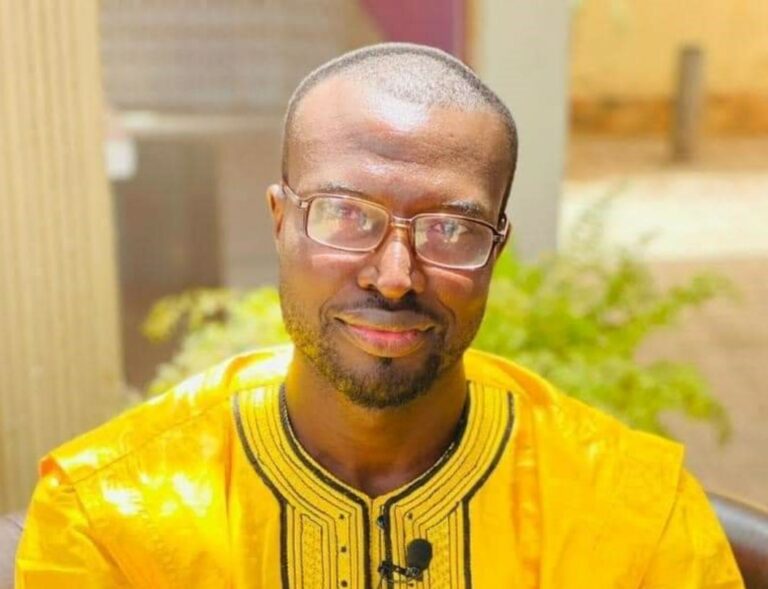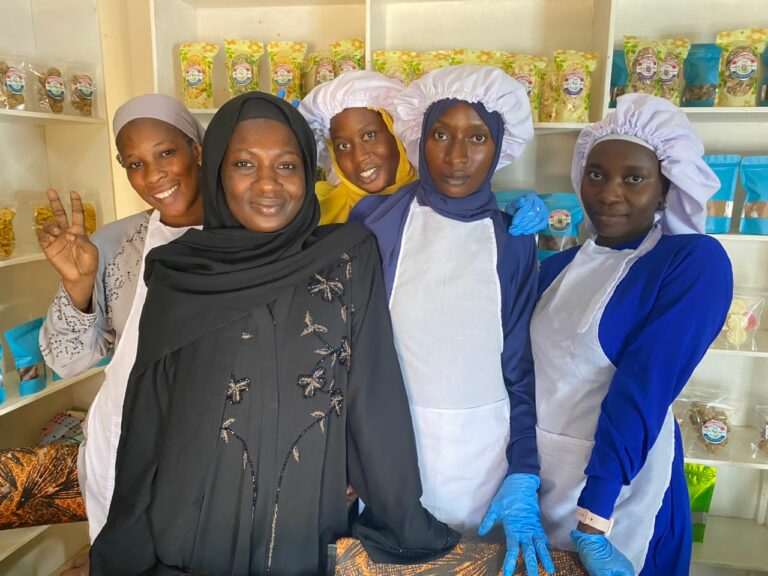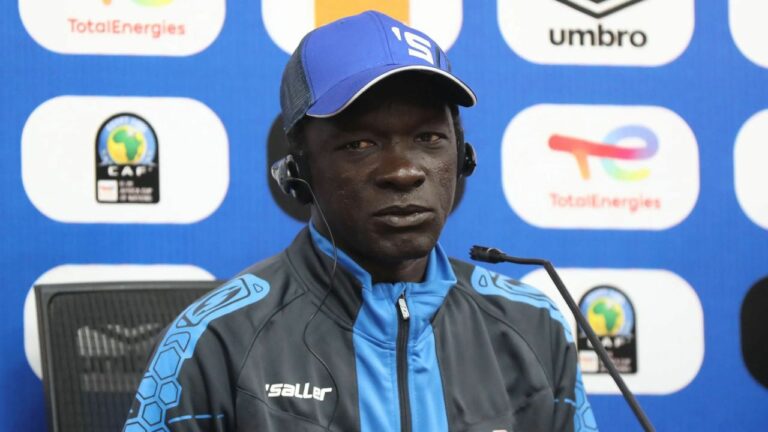By Zackline Colley
President Adama Barrow addressed the 79th session of the United Nations General Assembly, where he expressed the nation’s dedication to advancing gender equality, youth empowerment, and sustainable development.
In his speech, President Barrow stressed the growing inequalities across the world and the need for a collective approach to address these challenges.
“We live in a world with widening inequalities, thus suppressing the weak and making the conditions of the poor worse grossly violates the expressed ideals and spirit of the Summit of the Future,” he remarked, underscoring the critical role of global cooperation in tackling poverty and inequality.
President Barrow reaffirmed The Gambia’s commitment to promoting gender equality while noting the importance of empowering women for inclusive development.
“The Gambia is fully committed to the global call for gender equality and recognizes the indispensable role women play in socio-economic development,” he stated, further emphasizing the connection between women’s empowerment and community empowerment, adding, “empowering women translates into community empowerment and, ultimately, inclusive development.”
He also underscored his government’s devotion to protecting and promoting women’s rights, highlighting the steps being taken to ensure their participation in national development. “As President, I will continue to ensure that women and girls are protected and given the necessary space to contribute meaningfully to our national development agenda,” Barrow affirmed.
On the subjects of youth empowerment, President Barrow shared the results of a recent consultative summit, where key recommendations were made to enhance opportunities for the youth. These included a focus on Innovation and Climate Change, Gender Equity, Bridging the Digital Divide, and Global Governance. He stressed the importance of creating policies and funding initiatives that cater to the needs of young people.
“The Summit recommendations will inform endeavours to fill policy gaps and expand funding opportunities for better youth engagement,” he said.
The president further professed his government’s commitment to aligning national priorities with global standards, particularly through partnerships with youth-led organizations. “We also resolve to use transformative solutions to create greater opportunities for all,” he said.
President Barrow’s address reaffirms The Gambia’s commitment to fostering gender equality and youth development in line with global objectives, as the country continues to advocate for inclusive growth on the world stage.

